South China industrial city balances protecting dolphins with economic growth
2017-05-05 15:10 GMT+8
2129km to Beijing
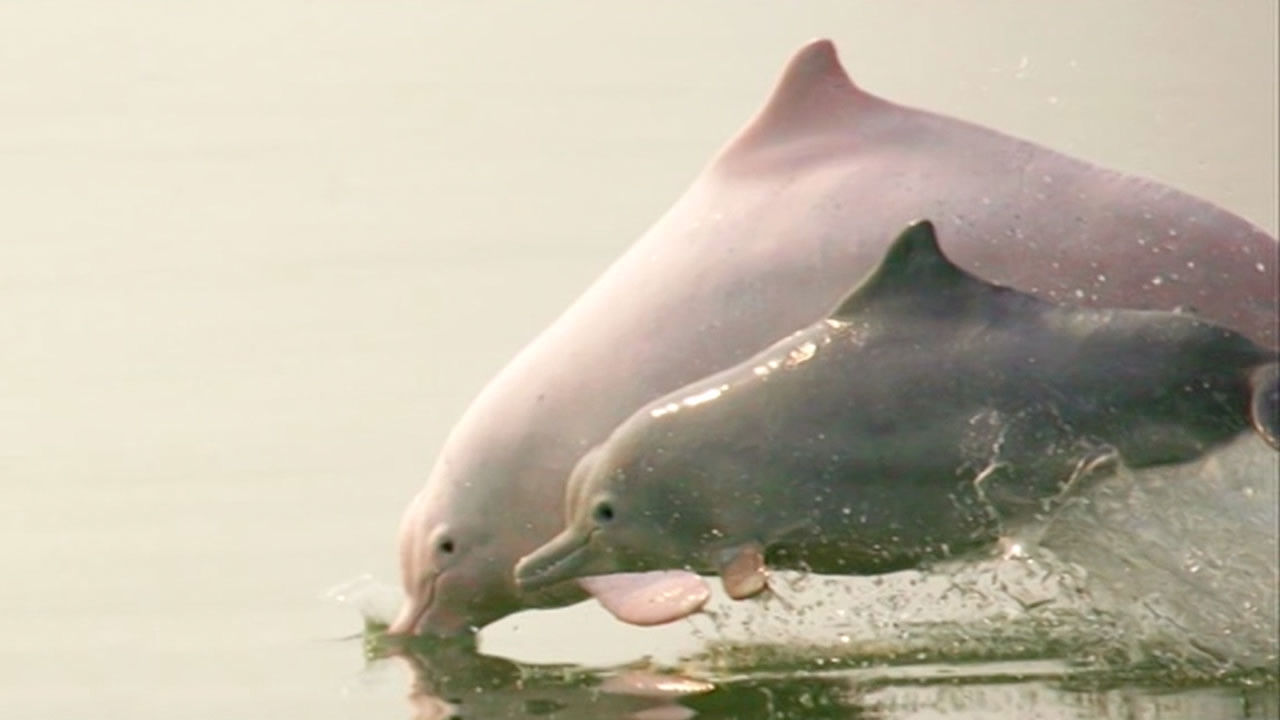
Editor
Ji Xin
By CGTN’s He Weiwei
Two huge oil and gas pipelines, built in partnership between China and Myanmar as part of the Belt and Road Initiative, are benefiting to over a million people. And amid concerns over the impact on the local dolphin population, action is being taken to find a balance.
The pipelines run through several cities in south China, one of them being Qinzhou in Guangxi Zhuang Autonomous Region. The city is on the north coast of the Beibu Gulf - home to Chinese white dolphins. Local authorities are trying to strike a balance between economic development and dolphin protection.
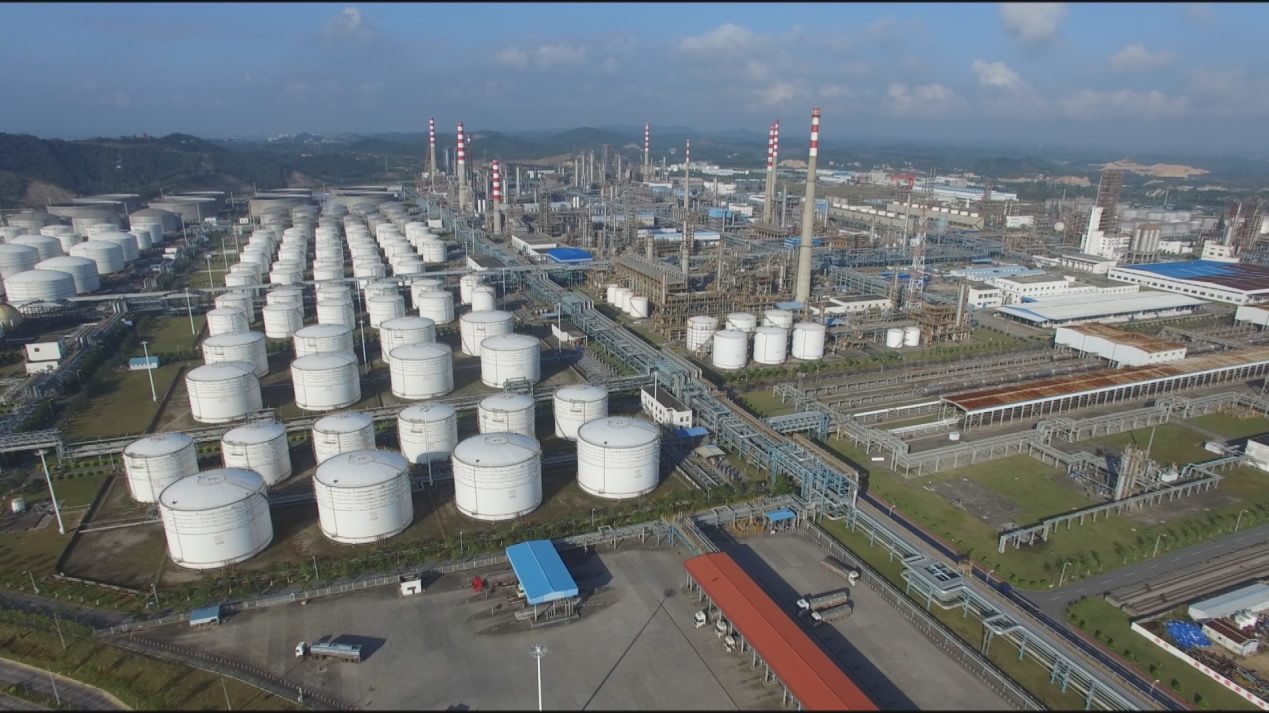
Qinzhou has the largest petrochemical factory in Guangxi Zhuang Autonomous Region. /CGTN Photo
Guangxi Petrochemical Company established the region's largest petrochemical factory in Qinzhou. Its petroleum products are sold to neighboring provinces and countries like Australia and the US.
Currently 550 tons of sewage is processed per hour, 40 percent of which is recycled and the rest of it discharged. After being processed, the treated water is two times cleaner than the national highest sewage discharge standard.

A worker at a sewage treatment plant /CGTN Photo
Thanks to efforts of factories like this and public awareness, dolphin numbers in the Beibu Gulf have doubled during the past decade to a current population of 200.
"There used to be dolphins at every river estuary along the southeastern coast of China, but now we could hardly find them due to increasing human activities," Pan Wenshi, professor of the School of Life Sciences in Peking University said to CGTN. "It's such a delight to see that dolphin numbers have made steady growth here in the Beibu Gulf."
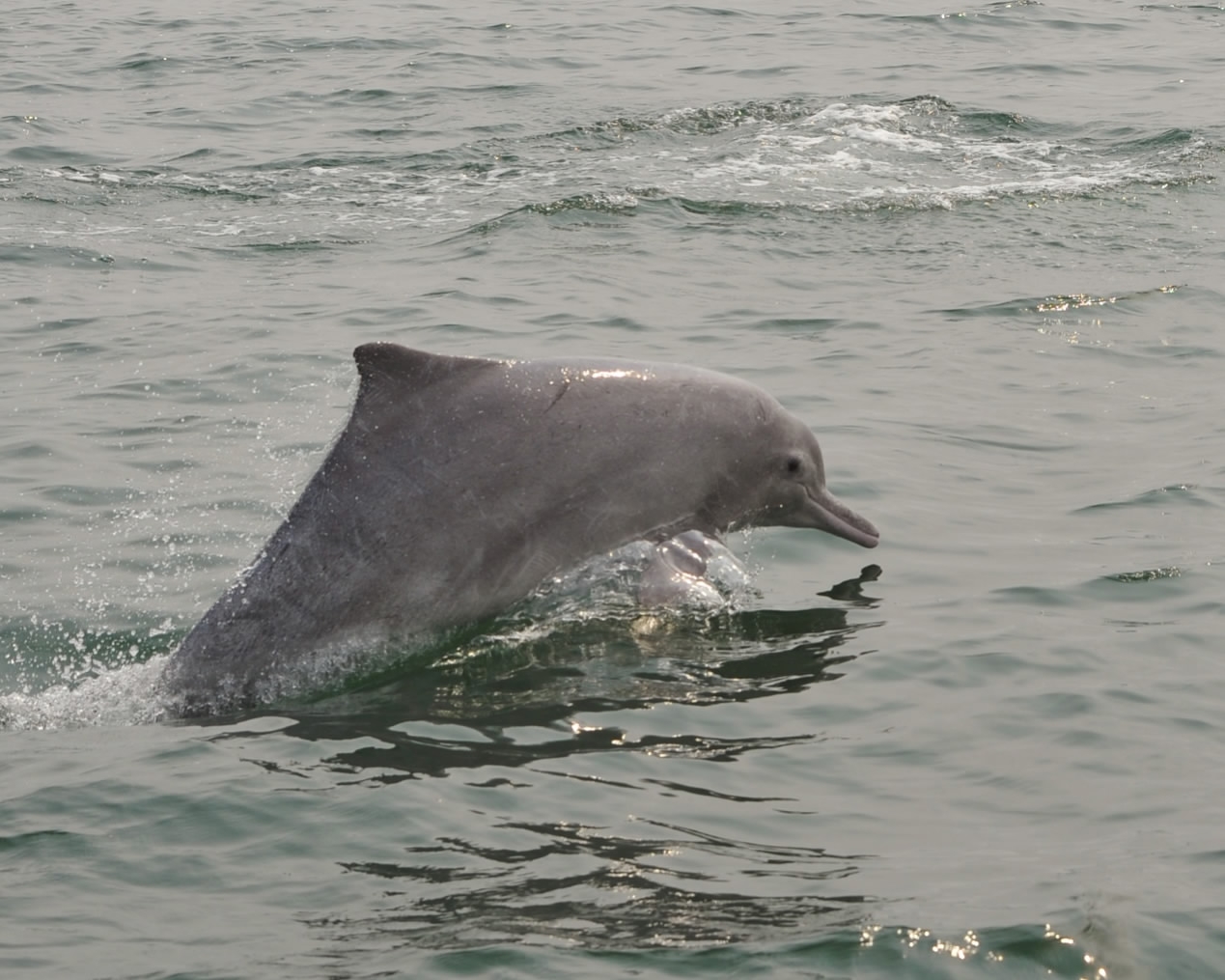
A white dolphin in a nature reserve in Qinzhou./CGTN Photo
The Chinese white dolphin is listed as a national first-class protected species. They're so rare that they've been nicknamed the "giant pandas of the sea." A research center has been established in Qinzhou for dolphin studies and protection, and regular sea patrols are conducted to crack down on illegal fishing.
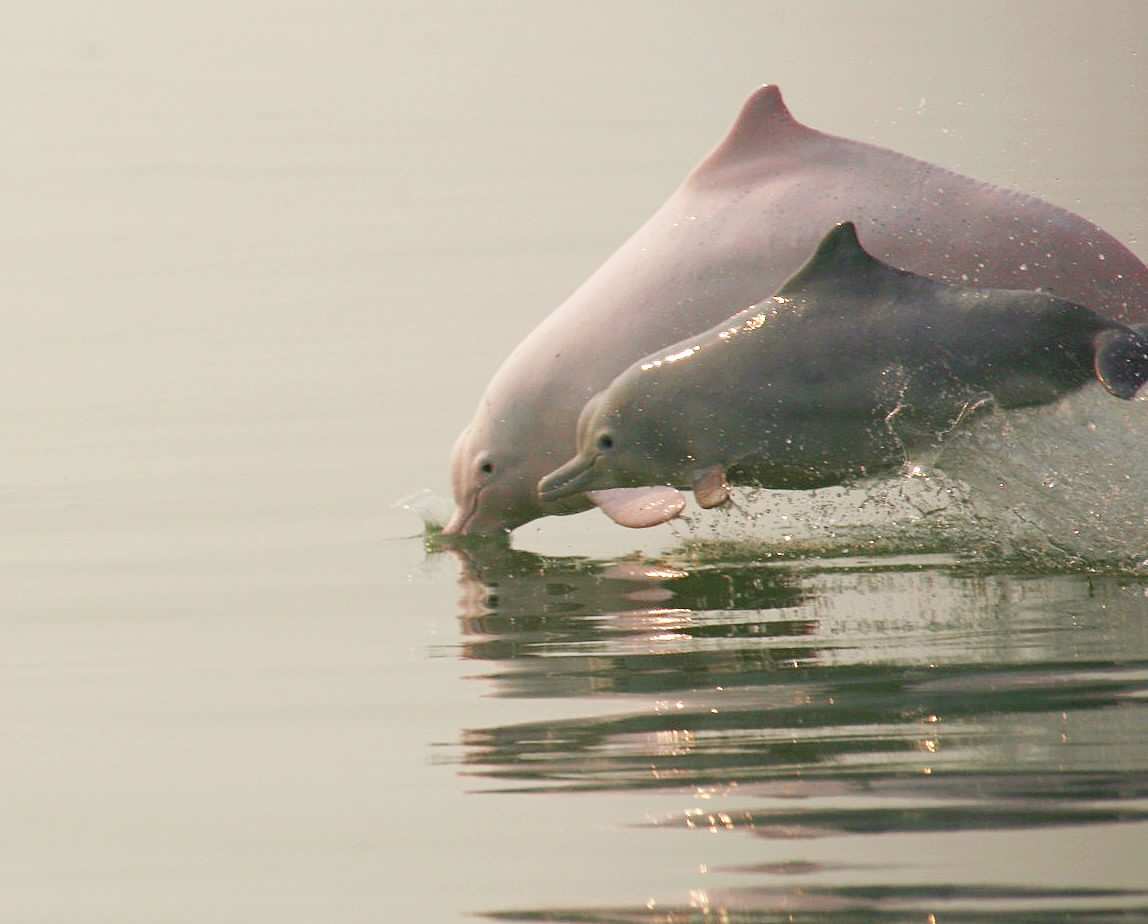
Chinese white dolphins are nicknamed the "giant pandas of the sea". /CGTN Photo
Qinzhou city also looks to protect the environment with a large levee. On the road's western side is the city's booming industrial area, while on the other is the sea's untouched landscape being carefully maintained, including a nature reserve for dolphins.
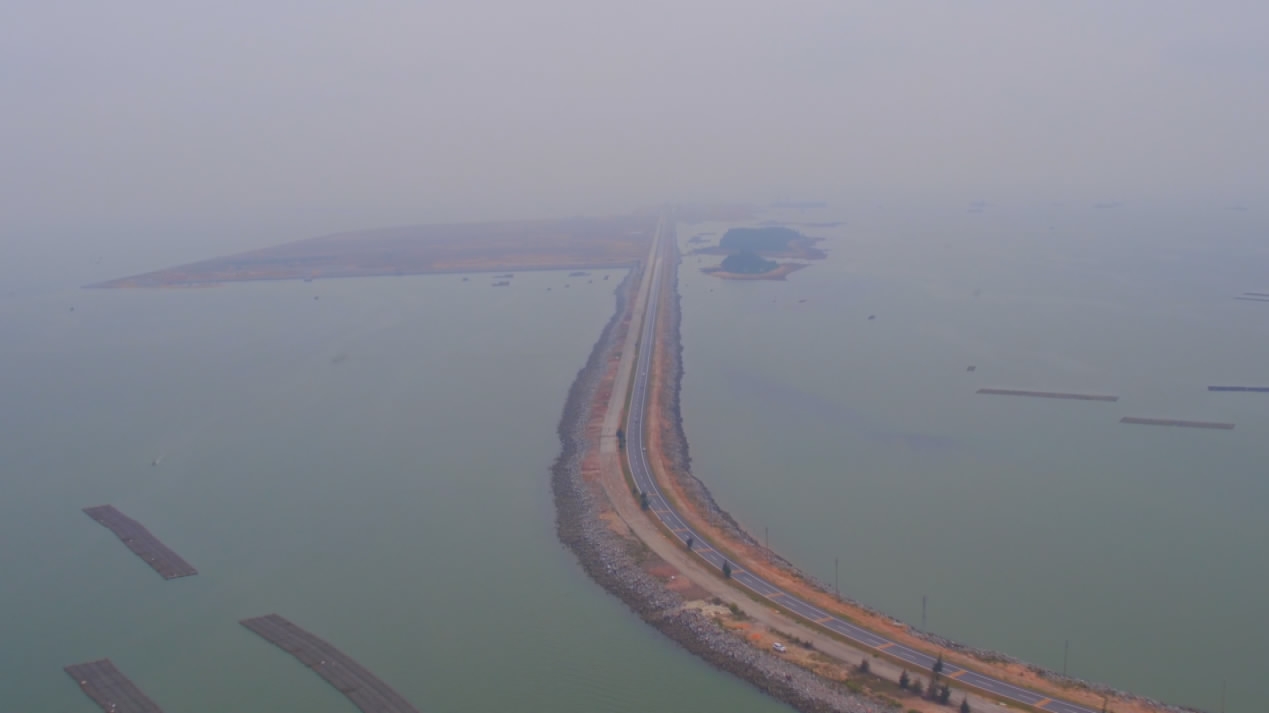
A bird's view of Qinzhou's levee./CGTN Photo
These efforts are not only for the sake of dolphins. This flagship mammal represents an entire biological community. When human beings seek development, other species still deserve a proper home.
2129km
Copyright © 2017
